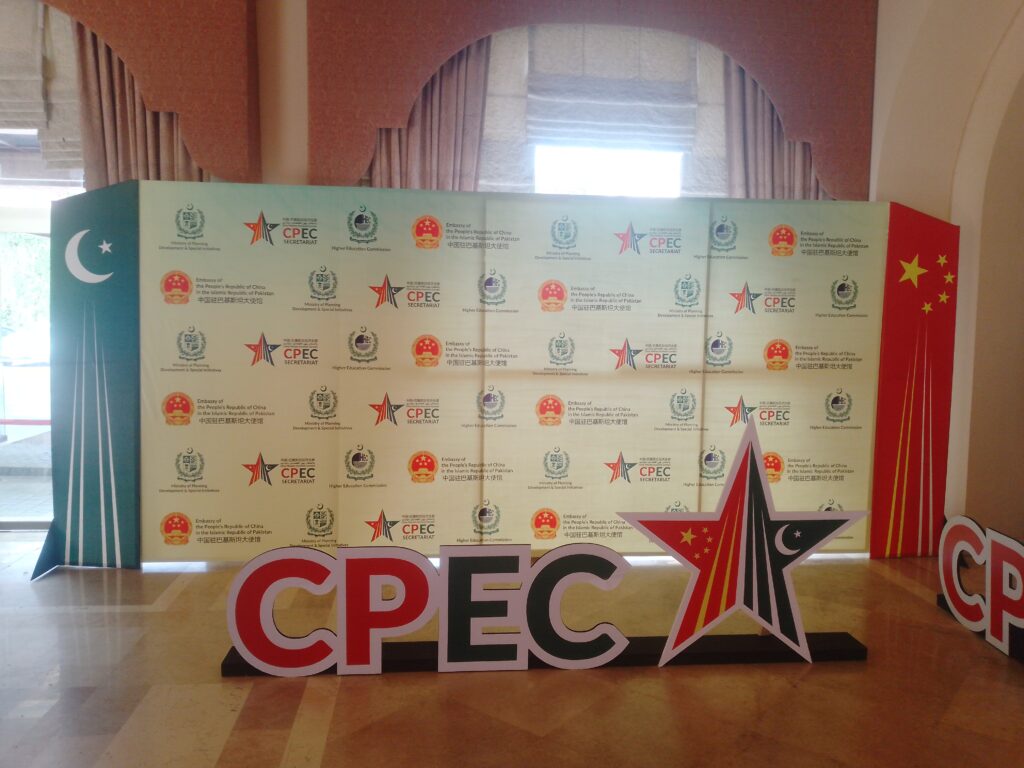By Qamar Bashir
These truly are remark le times in Pakistan, marked by an unprecedented alignment of leadership in all three pillars of the state, with each being helmed by individuals from Balochistan. It signifies a historical shift in governance and vision for the nation.
Muhammad Sadiq Sanjarani, the Chairman of the Senate since his oath-taking on March 12, 2018, possesses a kind, straightforward, and affable demeanor. He excels at building friendships and is often the go-to negotiator to mediate between political factions. His tenure, during challenging times, has been marked by a non-controversial approach, efficiently handling the vital and sensitive role of Chairman of the Senate while keeping senators from both sides in good spirits.
Anwar ul Haq Kakar, our Prime Minister, has captivated the nation with his clear objectives. He is resolute in following the constitution and upholding the rule of law under all circumstances. His commitment extends to establishing the government’s authority and the state’s writ at any cost, prioritizing the interests of the people, and ensuring justice for the abhorrent events of May 9th, all while fearlessly confronting entrenched mafias.
He advocates for truthfulness, shunning false promises and providing the public with an honest view of the nation's economic and political landscape, even when it may appear unsettling. He is resolute about not interfering with the workings and mandates of constitutional bodies. Anwar ul Haq Kakar seeks to build upon the positive policies of previous governments, maintain equitable relationships with neighbors and international powers, all while safeguarding the nation’s dignity and sovereignty. He is unafraid to make tough and unpopular decisions, exemplified by his crackdown on various mafias and his commitment to national interests.
Qazi Faez Esa, another eminent Balochistani, hailing from Pishin, located in the vicinity of Quetta, has emerged as a dynamic Chief Justice. He boldly broke stereotypes by inviting his wife to stand beside him during his oath-taking, signaling gender equality and the equal status of women in society. His refusal to use a bulletproof car, close roads, or receive guard of honor underscores his commitment to simplicity and avoiding unnecessary pomp.
In his very first address to his staff, Chief Justice Qazi Faez Esa set a profound
tone by emphasizing that litigants and the general public do not approach the
Supreme Court with pleasure. He directed the entire Supreme Court staff to treat
litigants and the public with respect and dignity, akin to how a good host treats
guests.
He made history by convening a full court session with 15 judges, sending a
reassuring message to Pakistan's 240 million citizens that the judiciary, once
perceived as divided, would now function in unison. He relinquished his power to
take suo moto notice of public matters and mandated consultation with two other
senior judges, transforming the process into an objective exercise rooted in
consultation, deliberation, and consensus-building. This move reduced objections
from affected parties who previously perceived it as subjective and aggressive.
Chief Justice Qazi Faez Esa achieved a significant milestone by allowing the live
telecast of court proceedings. This decision unequivocally communicates the
judiciary's commitment to deciding cases based solely on merit and in strict
adherence to constitutional provisions.
These developments put a damper on the expectations of political players and
establishments, as favorable decisions, which were elusive under previous chief
justices, are now less likely to be influenced.
Crucially, gray areas in legislation that were intentionally created to circumvent the
law and the constitution are poised to be addressed, potentially quashed or nullified
to reinstate the constitution's supremacy and the rule of law.
The question arises: why can Mr. Anwar Kakar take bold decisions despite being a
politician? Why can he crack down on unscrupulous elements stealing electricity,
burdening those who pay bills on time, and depriving the national exchequer of
revenue? Why did previous governments not act against electricity thieves despite
having the capability to do so?
Why were illegal exchange companies, Hundi, and Hawala dealers allowed to
siphon off precious foreign exchange, devaluing the Rupee? The Rupee, at times,
even lost value against the Afghan Afghani, not due to economic weakness, but
because of the smuggling of Pakistan's foreign exchange to Afghanistan, facilitated
by elements within our own security and regulatory agencies.
Why could Mr. Kakar crackdown on sugar, flour, petrol, and manure mafias that
deprived our people of essential goods while smuggling them to Afghanistan and
Central Asia, causing hardship and even death to many Pakistanis?
Why can Sadiq Sanjrani effectively lead the Senate, and why could Qazi Faez Essa
unite a previously divided Supreme Court and allow live telecasts without
hesitation?
The answers to these questions lie in the core values of individuals, families, and
tribes that prioritize truthfulness, loyalty, dignity, and honor, even at great personal
sacrifice. They remain steadfastly sincere to themselves, their families, tribes, and
the nation, always ready to defend their honor and dignity. They extend helping
hands to the needy without expecting rewards or appreciation, and they possess an
innate ability to sacrifice personal wealth and even life for the greater good of their
family, tribe, and nation.
Another answer lies in the fact that these prominent Balochistan figures who rose
to power lack vested interests in large businesses or industrial conglomerates. They
don't own sprawling business empires, sugar mills, flour mills, or vast agricultural
lands. Their desires are modest, their greed is limited, their needs are humble, and
they find contentment and immense satisfaction in what they have.
Furthermore, these traits align seamlessly with the philosophy and approach of the
current Army Chief. With his support, the crackdown on deeply entrenched mafias
becomes more feasible. During their tenure in power, these leaders are likely to
challenge and restrain these mafias, forcing them into dormancy or compelling
them to find alternative ways to resurface.
In the near future, Pakistan may benefit from a harmonious alignment of
government, Senate, judiciary, and the military—a formidable force that aims to
combat entrenched mafias and steer the nation toward justice and prosperity.




